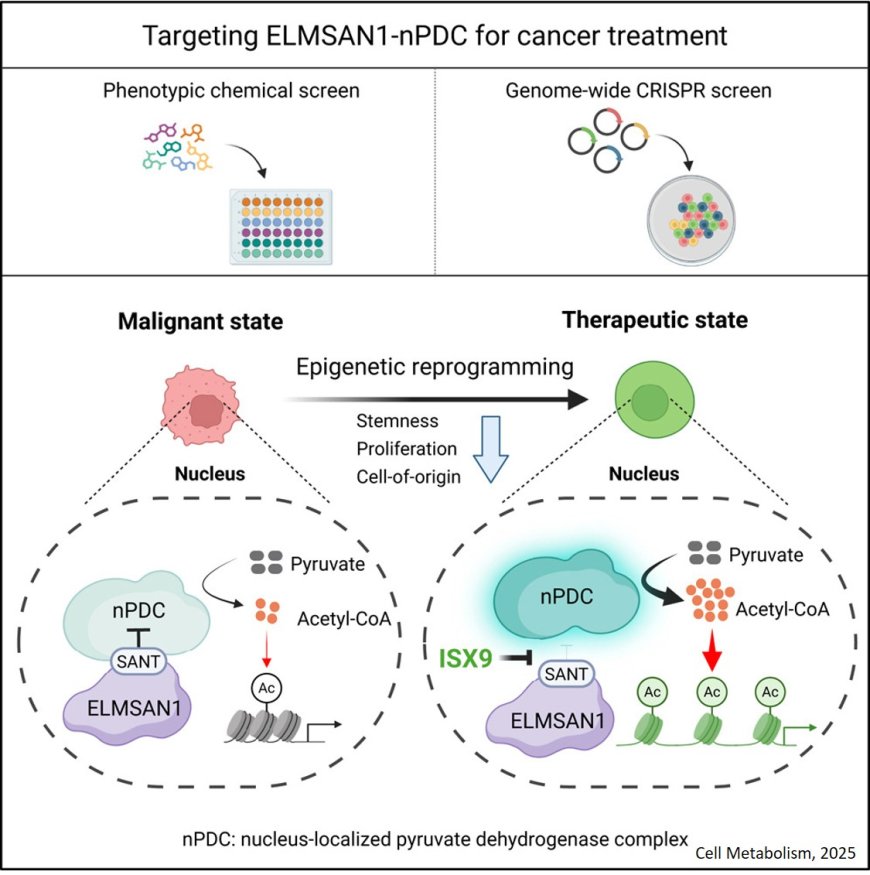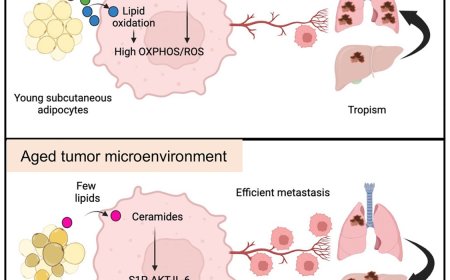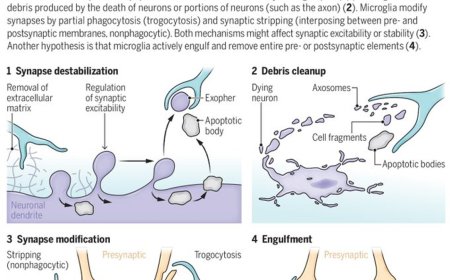Therapeutic cancer cell reprogramming by derepressing nuclear pyruvate dehydrogenase

Nuclear acetyl-coenzyme A (CoA) constitutes a small fraction of the whole-cell pool, that regulates cell fate by locally providing histone acetylation substrate.
The researchers report a nucleus-specific acetyl-CoA regulatory mechanism that can be modulated to control cancer cell reprogramming.
They uncovered a nucleus-localized pyruvate dehydrogenase complex (nPDC), which is constitutively bound and repressed by nuclear protein ELMSAN1.
Pharmacological disruption of the ELMSAN1-nPDC interaction derepresses nPDC activity, synergizes with HDAC1/2 inhibitors, and therapeutically reprograms diverse cancer types to durably lose proliferation, stemness, and cell-of-origin identity.
https://www.cell.com/cell-metabolism/fulltext/S1550-4131(25)00265-7
https://sciencemission.com/Derepressing-nuclear-pyruvate-dehydrogenase













